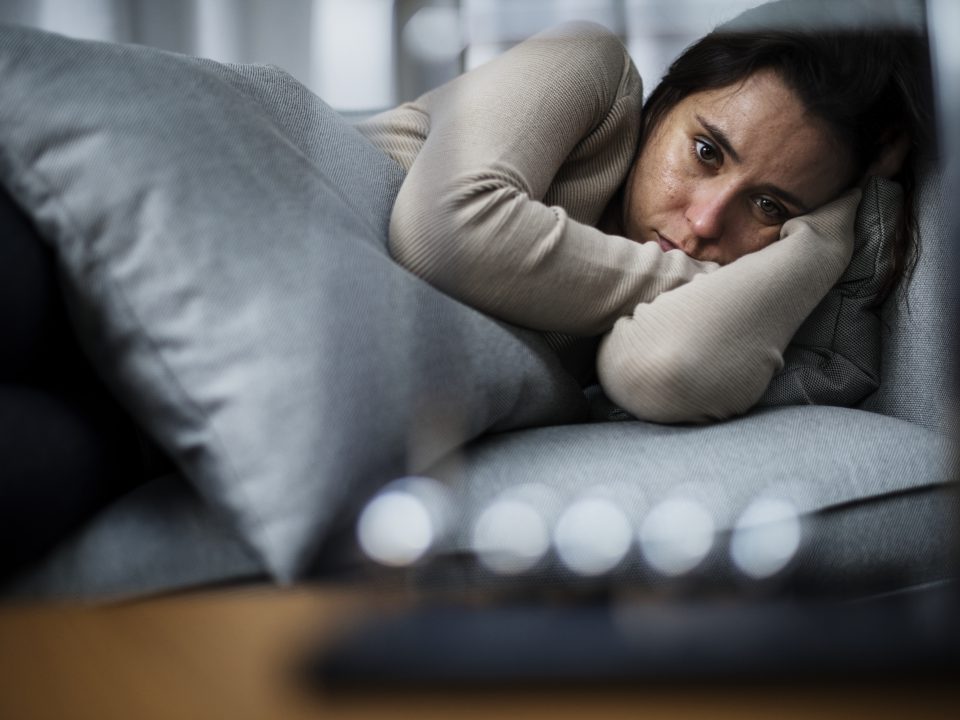What is Anxiety?
Anxiety is the feeling of panic, nervousness, worry or fear towards an outcome or situation.
Anxiety often occurs in relation to a stressful situation. This can range from looming exams to moving to a new location.
Although it’s normal to feel anxious during certain stages of our lives do not ignore it. If anxious feelings rarely disappear it may indicate that you are suffering from a disorder.
What is an Anxiety Disorder?
Anxious feelings will come and go with no interference to your everyday life. However, if the feeling persists and begins to interfere with your daily routine it is important that you speak to a Doctor.
Anxiety is a key part of the following disorders:
Panic disorder – recurring panic attacks at unexpected times.
Social anxiety disorder – fear of being judged by others or feeling awkward in social situations.
Separation anxiety disorder – extreme fear of being away from loved ones
Post-traumatic stress disorder – feeling anxious following a traumatic event
Obsessive-compulsive disorder – irrational recurring thoughts that lead you to behave in specific, repeated behaviour.
Symptoms:
- Increased muscle tension
- Increased heart rate
- Feeling sick
- Shaking
- Tension headaches
- Trouble breathing or breathlessness
Treatments:
Anxiety can be very difficult to manage if left untreated. If you are feeling anxious contact one of our Online Doctors Today.
Medication
There is currently a variety of medications available to help combat anxiety. You may need to try different courses of medication to find the right one that helps you manage your anxiety.
Applied Relaxation
If you are interested in combining medication treatments with therapy, then applied relaxation is a good place to start. This technique requires a trained therapist. It involves learning how to relax your muscles in response to triggers. To get the most out of this form of therapy, you would be needing to attend a 1-hour session every week for up to 4 months.
Supported Self Help
People who live with anxiety are often recommended to attend a supported self-help course by a GP or therapist. Self-help courses teach you how to manage everyday life with anxiety. Mental health conditions can often lead people to feel isolated, so attending a self-help group may help to reduce isolation.





